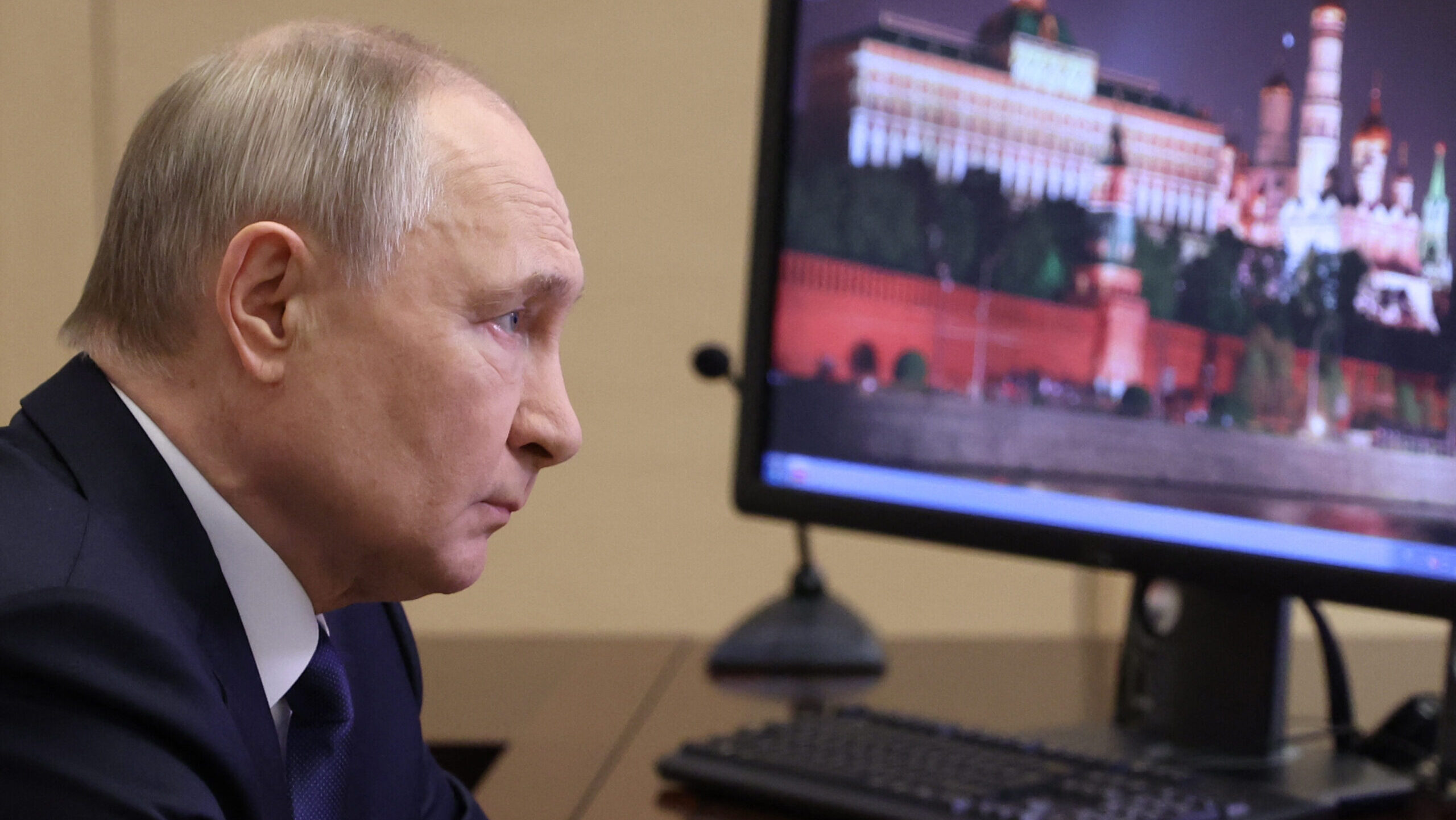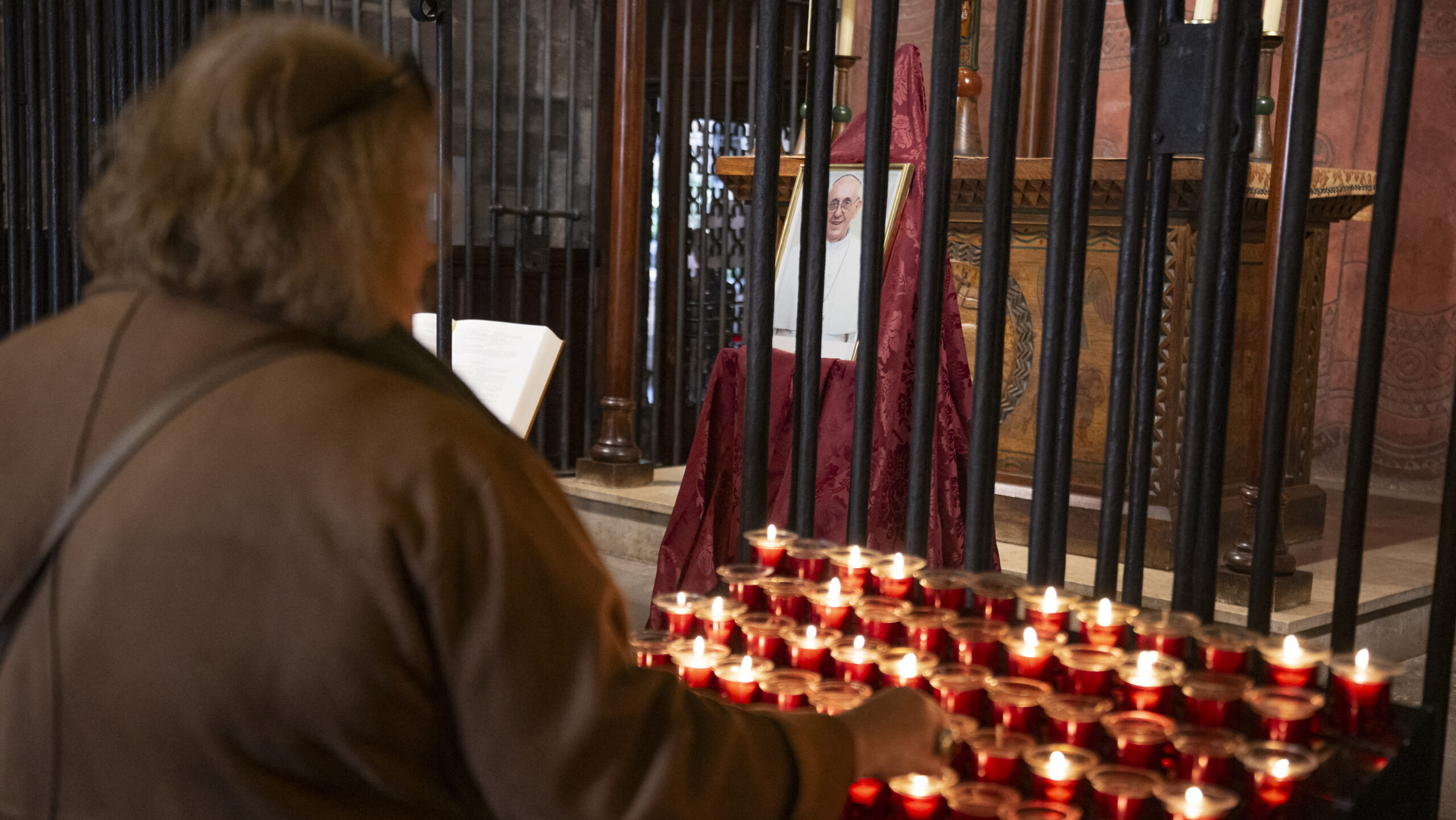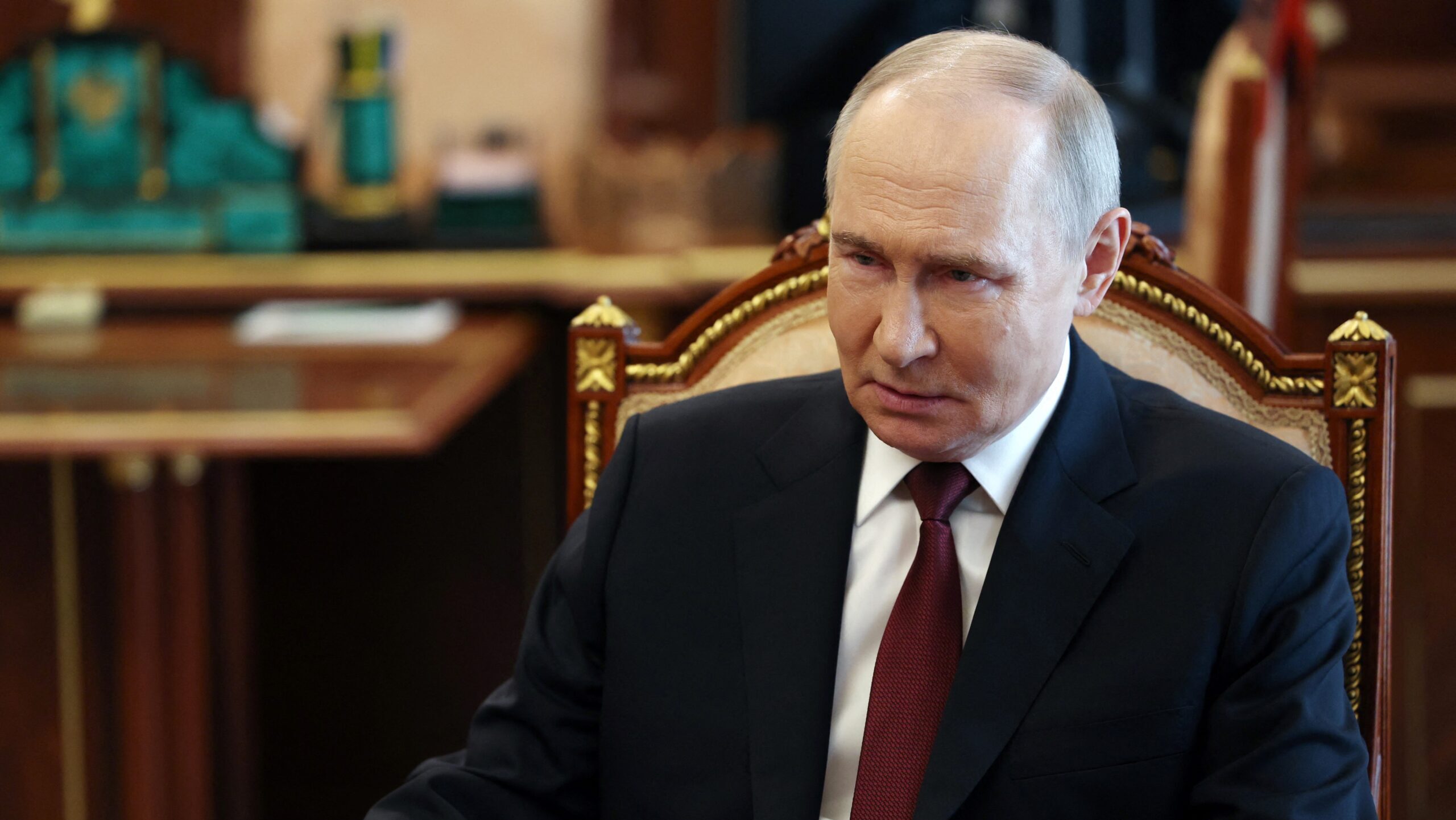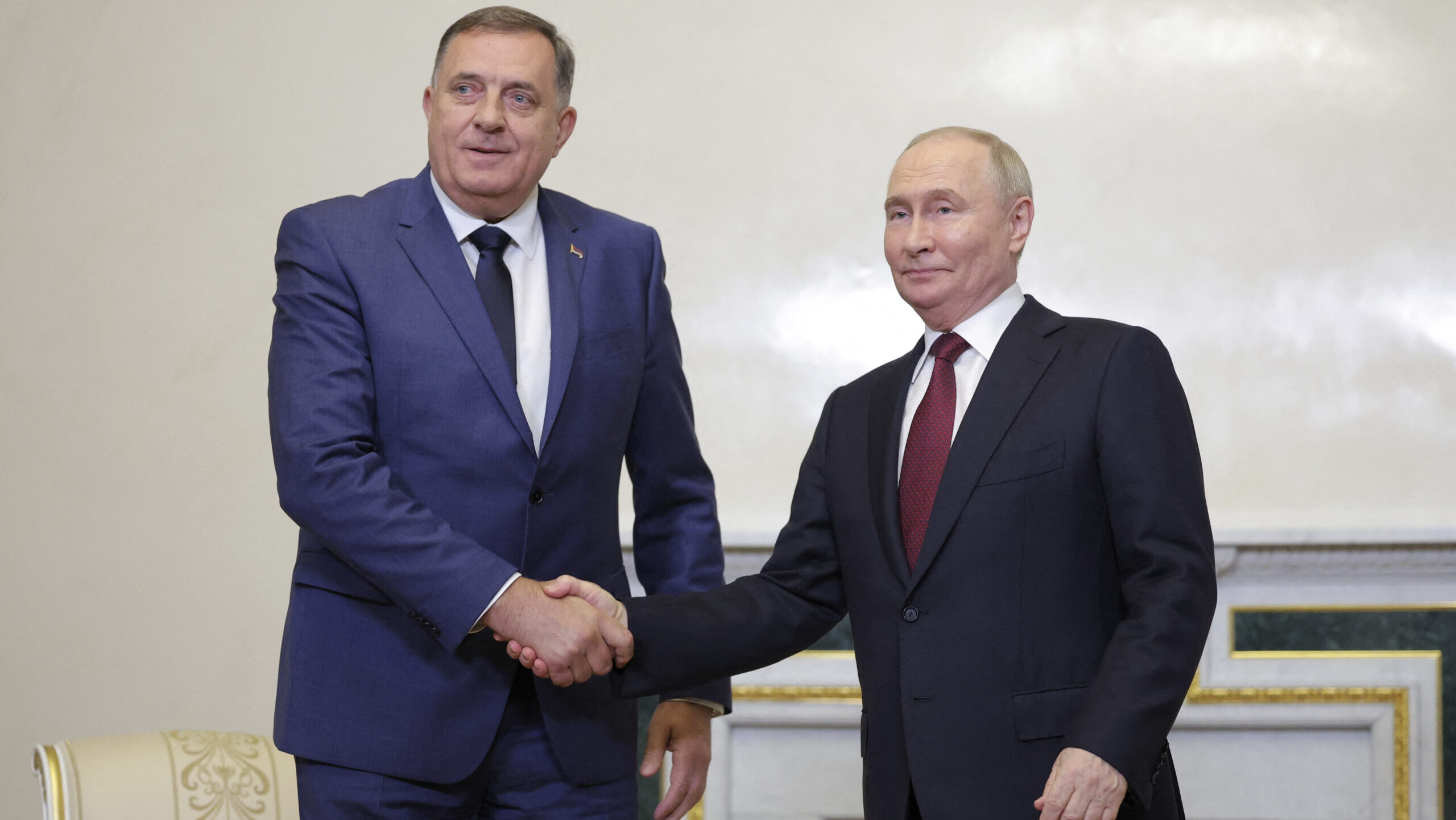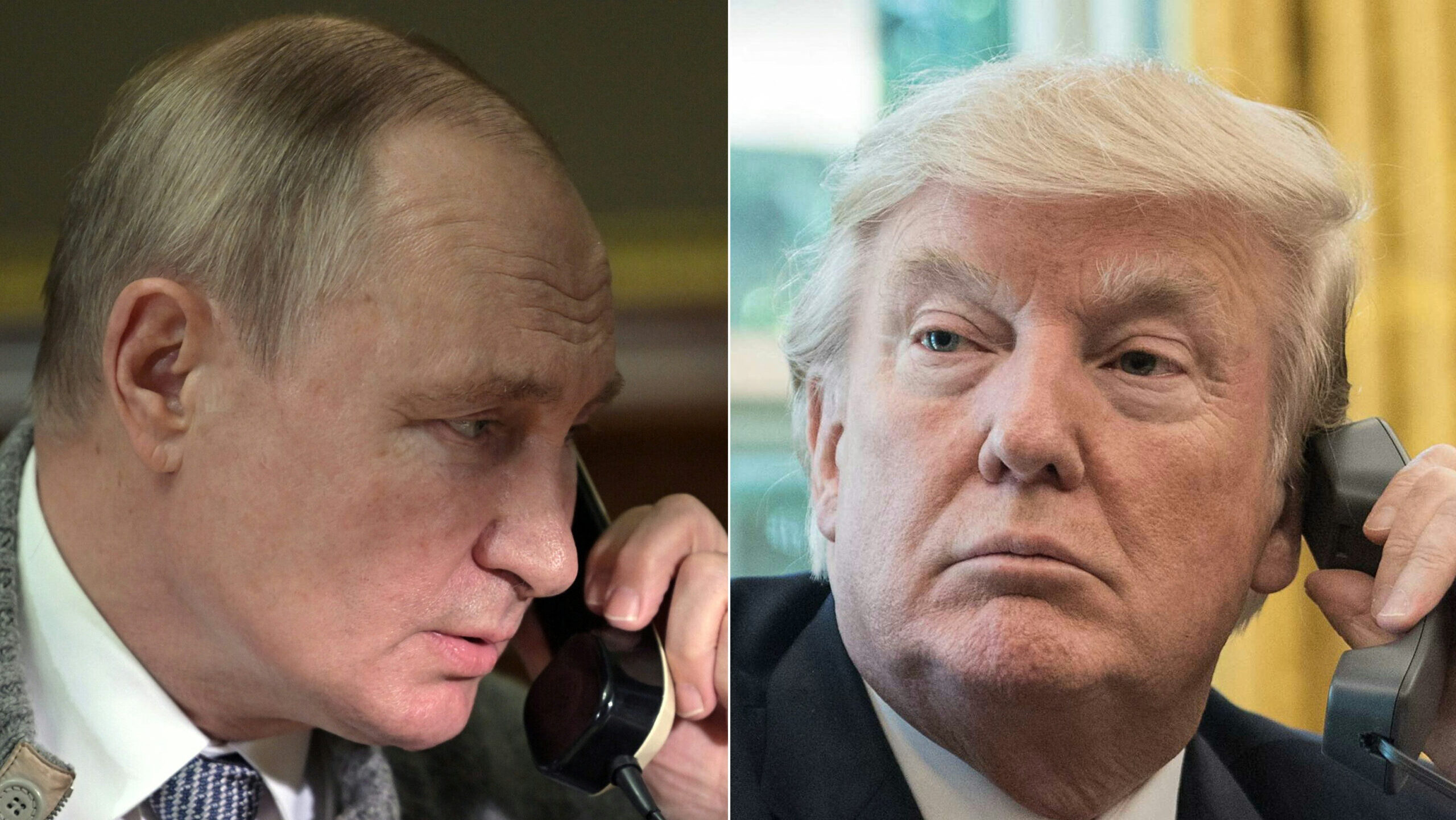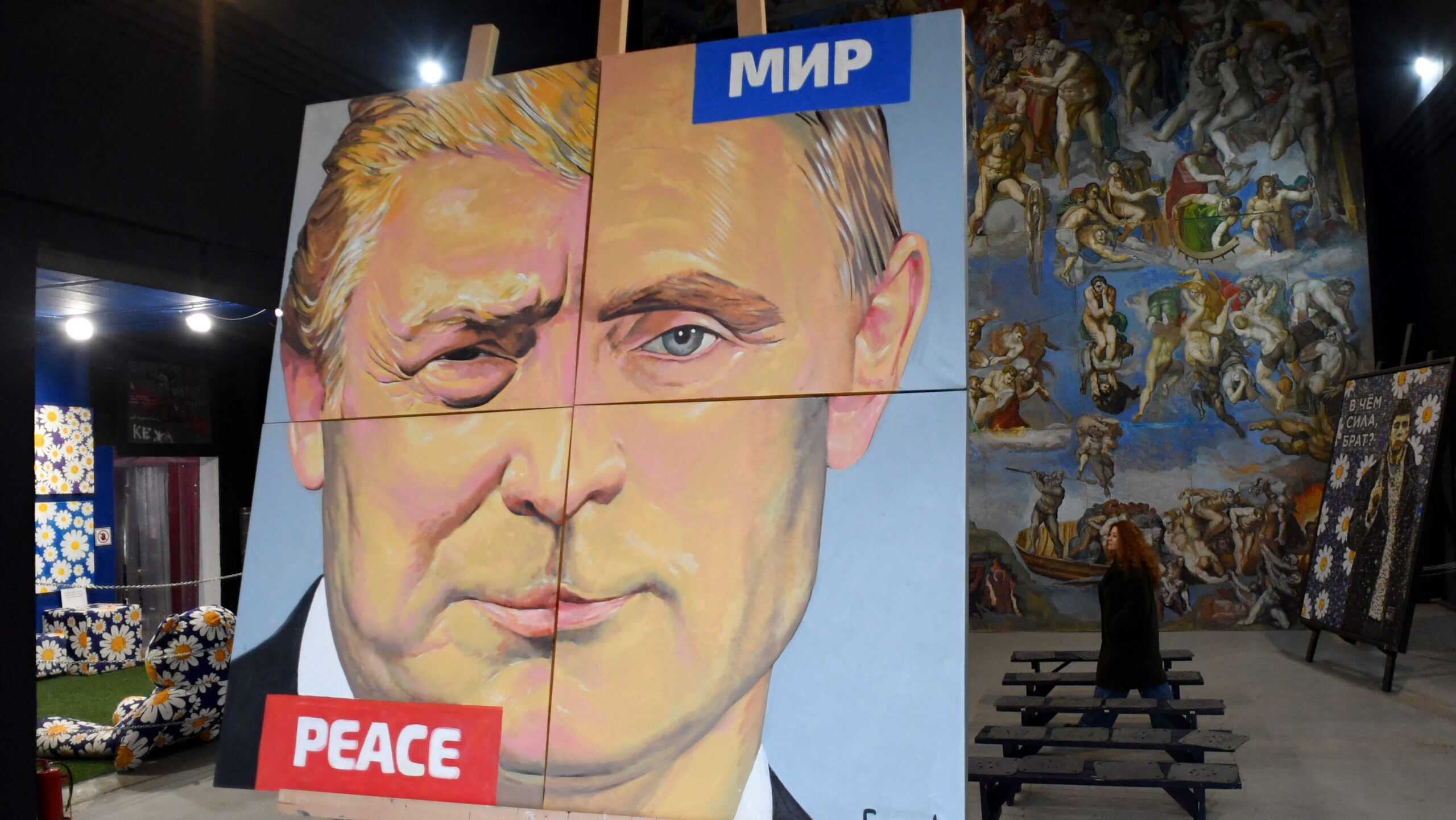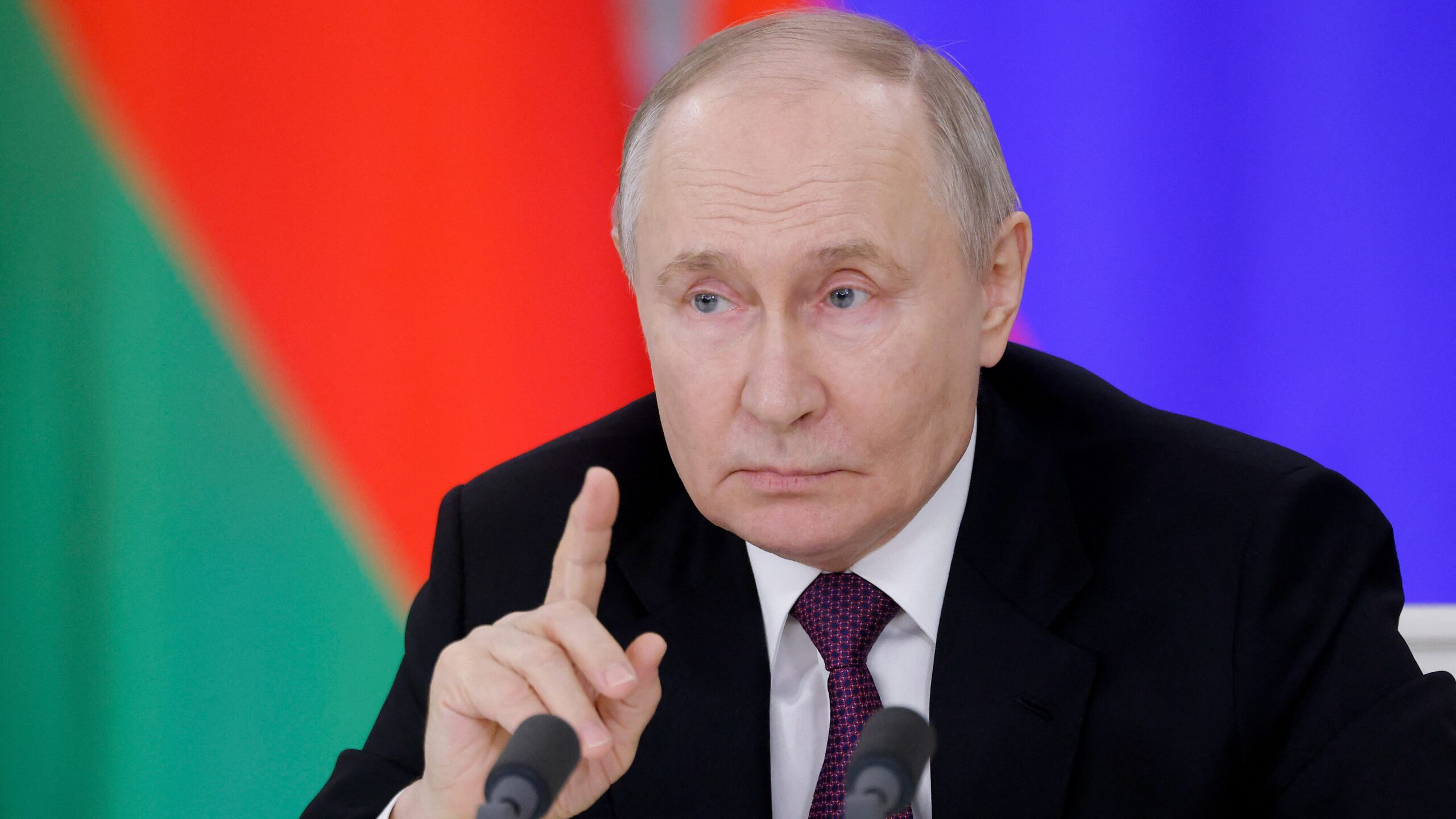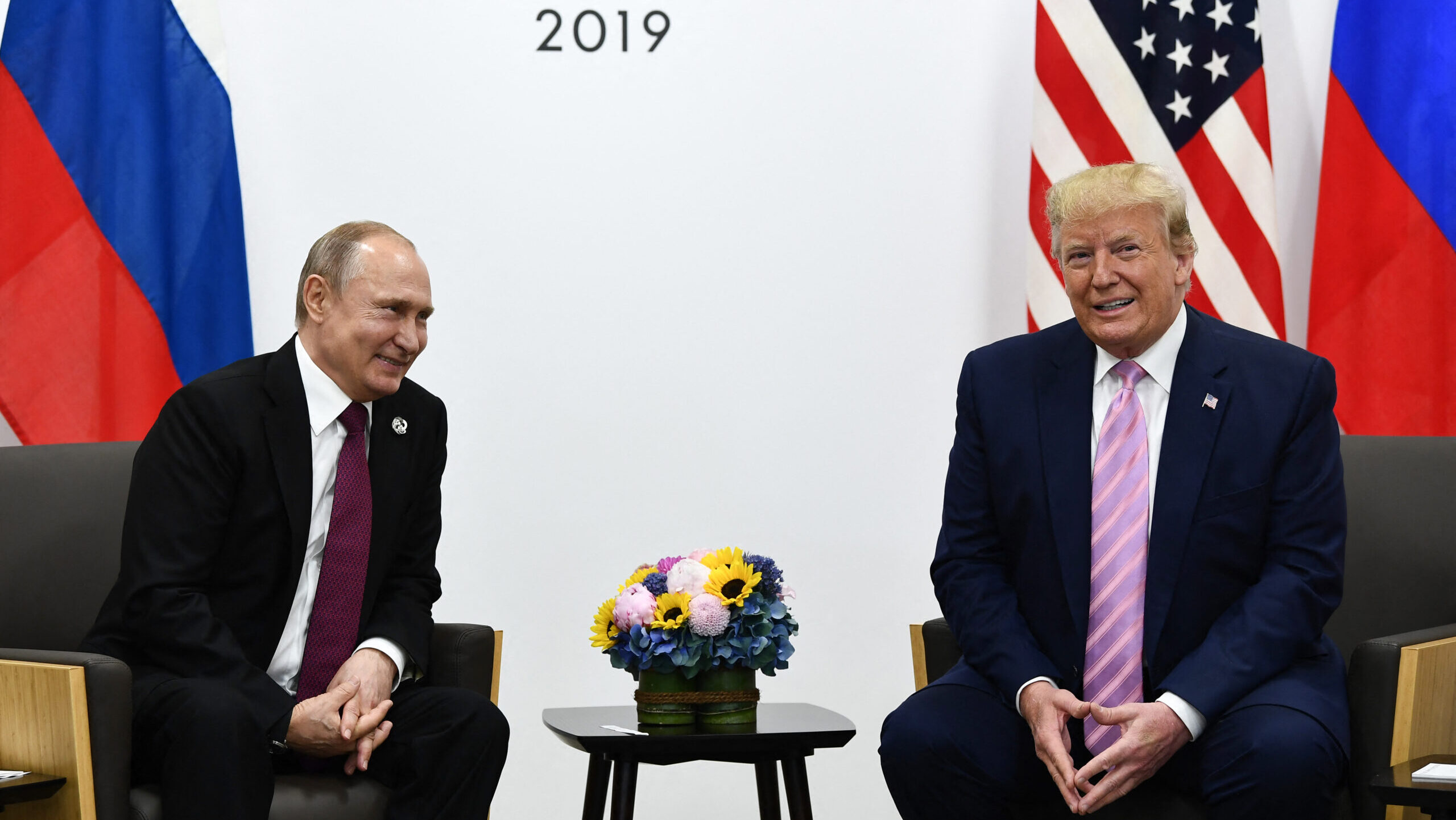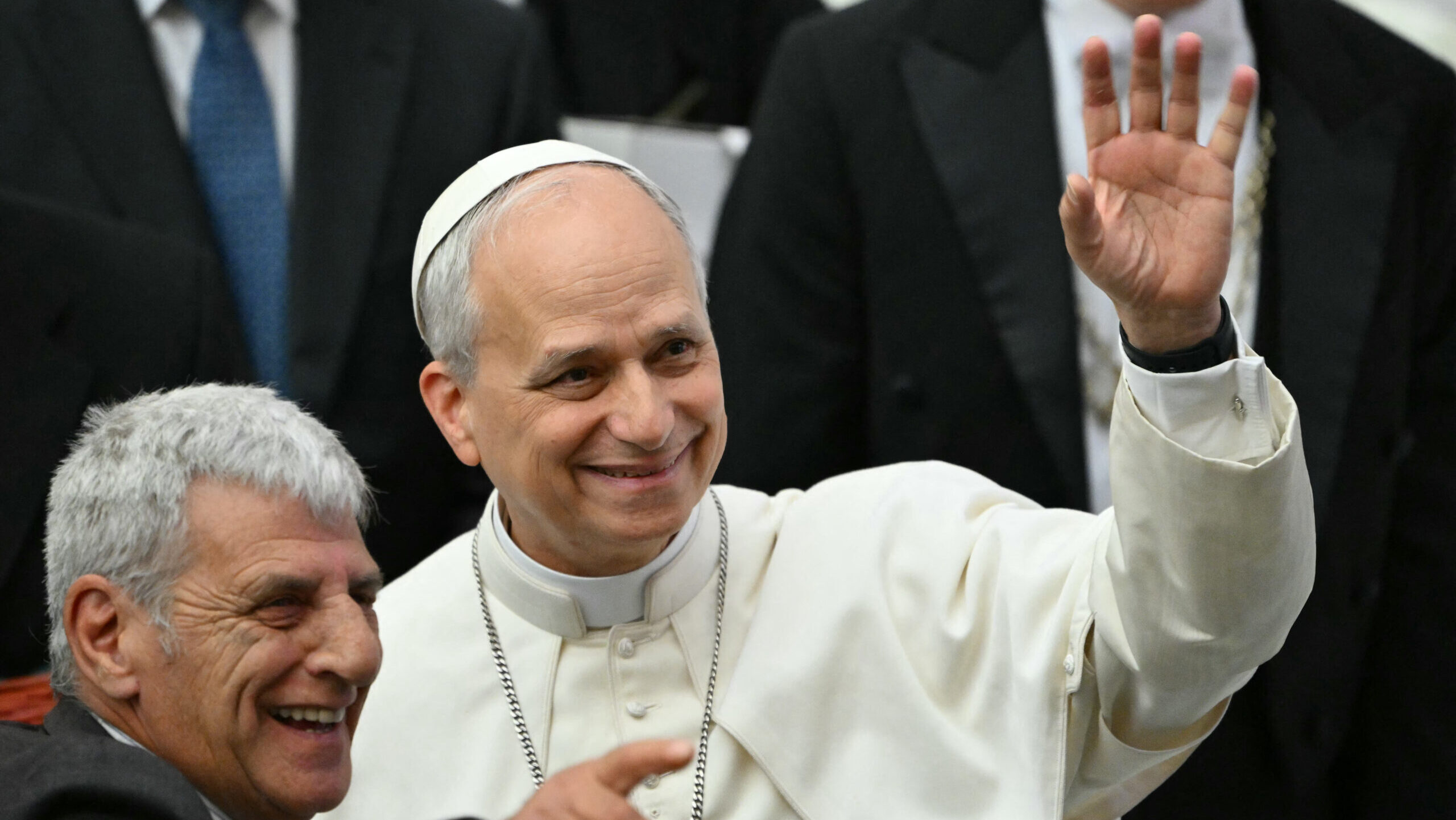
Pope Leo Offers Mediation Between Zelenskyy and Putin
As the proposed meeting in Istanbul between Ukrainian President Volodymyr Zelenskyy and Russian President Vladimir Putin remains in limbo, Pope Leo XIV appears to have offered the Holy See’s mediation to the warring parties. The negotiations have gained new momentum as international pressure mounts on Russia to agree on a ceasefire.

